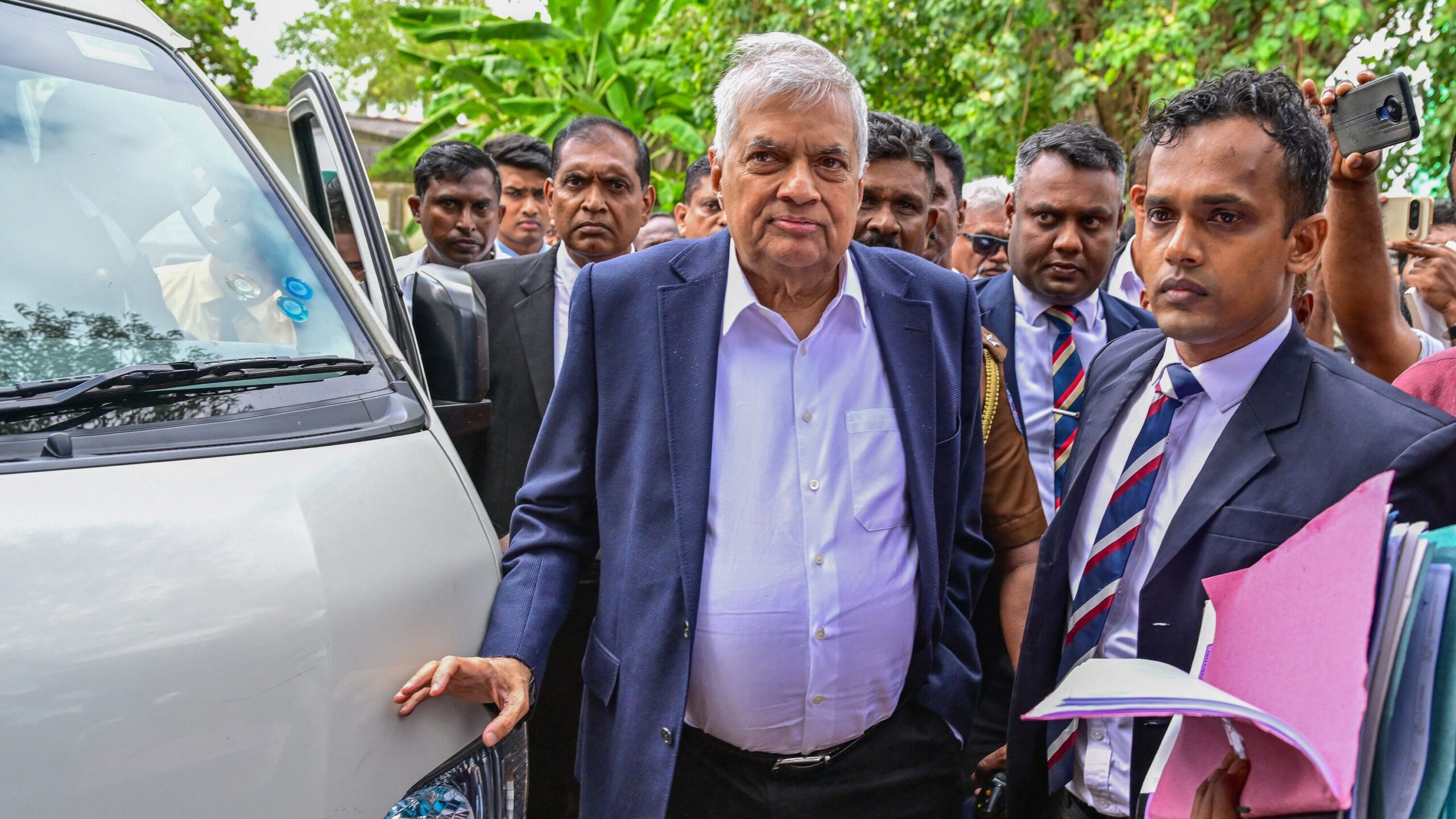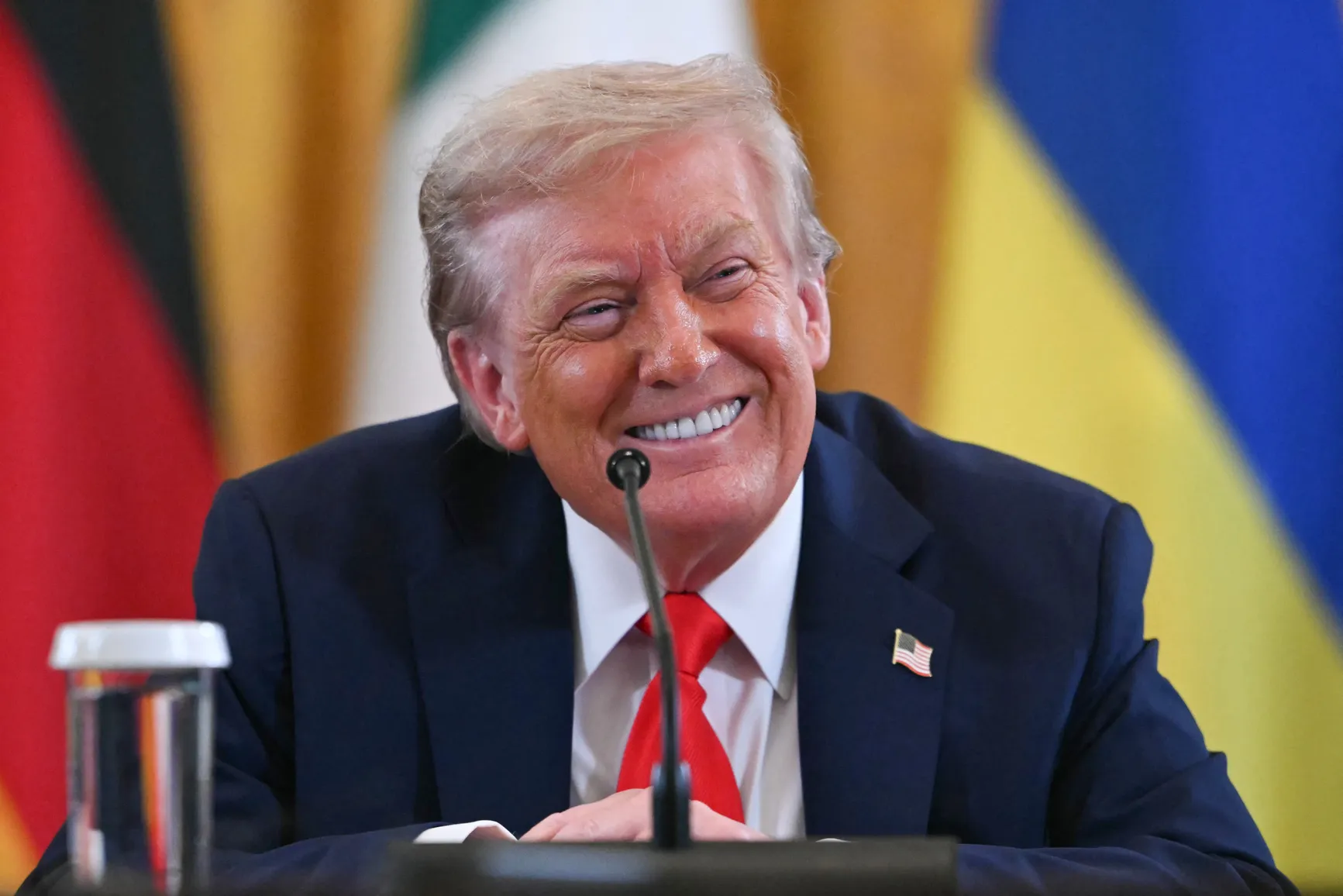Now Reading: Sri Lanka’s Former President Ranil Wickremesinghe Arrested Amid Political Turmoil
-
01
Sri Lanka’s Former President Ranil Wickremesinghe Arrested Amid Political Turmoil
Sri Lanka’s Former President Ranil Wickremesinghe Arrested Amid Political Turmoil

Sri Lanka has once again found itself in the global spotlight after the arrest of its former President, Ranil Wickremesinghe. The development has sparked intense debates across the island nation and raised questions about the country’s political future. For many Sri Lankans, especially in smaller towns and cities, the news has brought back memories of the nation’s recent struggles with economic and political instability.
Wickremesinghe, who served in various top positions over decades, is a familiar name in Sri Lankan politics. His leadership came at a time when the country was navigating one of its worst financial crises, marked by inflation, fuel shortages, and public unrest. The arrest, however, signals not only a dramatic turn in his personal political journey but also highlights the growing divide within the island’s governance.
Political experts suggest that this move could deepen Sri Lanka’s ongoing instability, particularly at a time when citizens are demanding stronger governance and accountability. The arrest also reflects the increasing legal scrutiny faced by leaders accused of mishandling crises or failing to act in the public interest. While supporters of Wickremesinghe see the arrest as politically motivated, his critics believe it is a long-awaited step toward justice.
For India, especially people living in Tier 2 cities with close cultural and economic links to Sri Lanka, the development holds significance. The island nation is not only a close neighbor but also an important trade partner, and any political upheaval there often affects regional stability. Fishermen along coastal areas, students studying abroad, and traders dealing with exports are particularly watchful of how this situation unfolds.
The arrest of Ranil Wickremesinghe has opened a new chapter in Sri Lanka’s political landscape. Whether it leads to greater accountability or further unrest remains to be seen, but it has certainly reminded citizens across South Asia of the fragile balance between leadership, responsibility, and public trust.

























